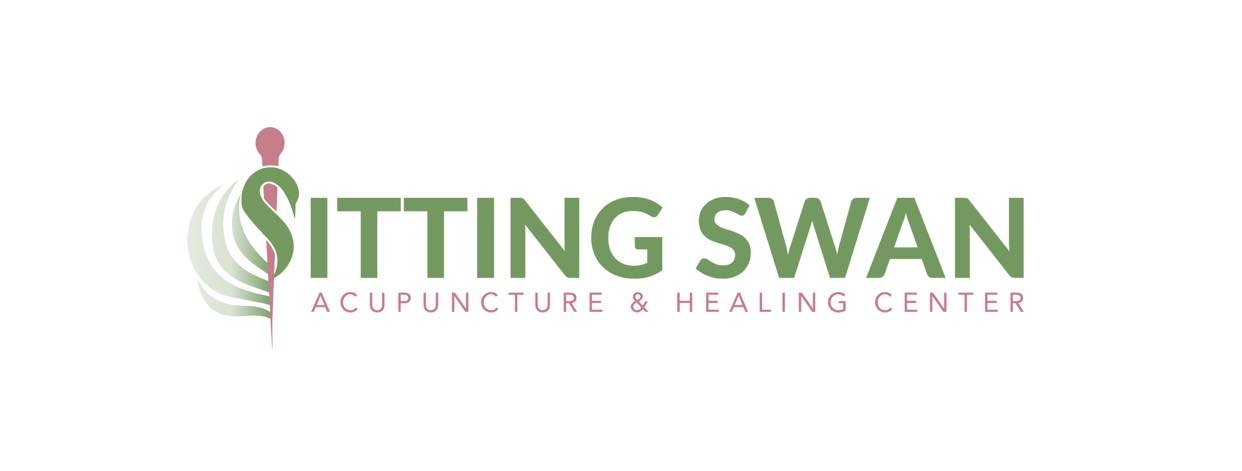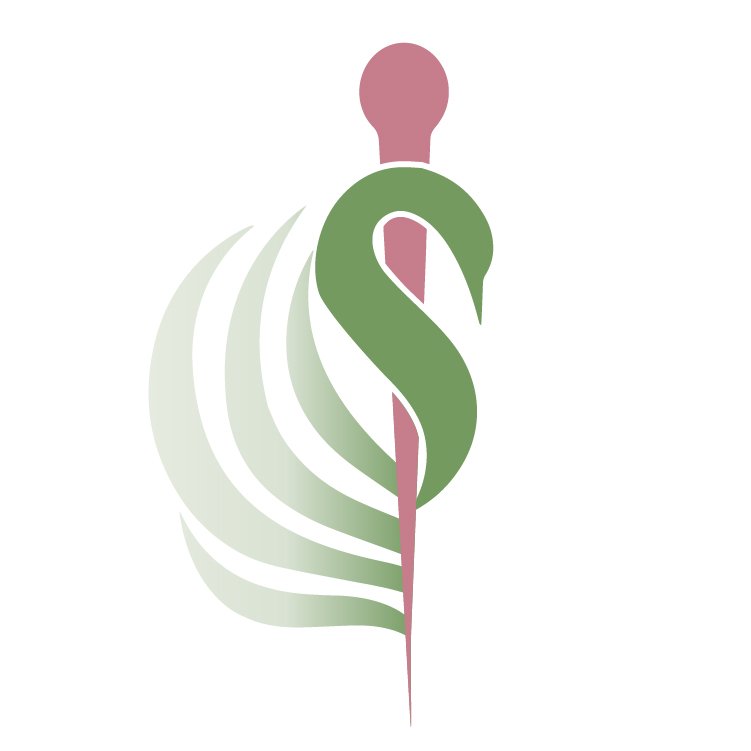Acupuncture for Parkinsons
A few years ago I worked with a neurologist and almost took a position at his office. Acupuncture is funny that way how it can work for much of anything that we want. He asked me if it could work for Parkinsons Disease. Certain that it could I started looking into it:
Parkinsons is characterized by loss of control over motor functions and autonomic functions as well as non-motor functions such as insomnia and depression preceding and occurring with it. The neurons start to disintegrate for reasons that may be genetic and/or environmental. There is muscle rigidity, loss of control over small and large movements, such as swallowing and walking. With a later onset in life, often after 60, looking at how aging affects the is a part of the treatment, see below kidney health. Being the 2nd most common neurogenetive disease, it’s certainly an important area of work for a healer. Treatments prescribed by a conventional doctor will certainly lead to side effects in the majority of people using them. After 10 years of conventional therapy 80% of patients treated with the standard medication will have involuntary muscle movements - dyskenesia. How does acupuncture help, since the medications don’t very well?
The most subtle is often the most powerful is a saying that fits well with acupuncture for Parkinson’s disease. It seems that when looking at big ticket items such as motor control it may appear to not be as effective as one would like. However, if we emphasize the other life factors of sleep, mood, and slowing of disease progression we may find hope and with added up subtle results, you get bigger ones. Studies for acupuncture are often fraught with misunderstandings, calling for example different styles of points chosen ‘inconsistent’ when acupuncture point choice varies greatly but results are often similar. Yet, there are at least 2 published medical studies showing that acupuncture shows positive effects at the rate of 1 treatment a week for 3 and 8 weeks; and twice a week for 5. Some studies have up to 24 sessions and some as few as 3. Using scientific scales to measure they found improvement in many cases of both motor and non-motor functions. We can conclude that acupuncture helps balance brain chemistry, modulate inflammation, and calm the nervous system – improving sleep, mental health,
From a TCM perspective:
Wind – when the ancients saw tremors they thought of the most obvious thing, wind. Because wind can carry diseases, pollen, temperature and even moisture we look to balance wind when there is any kind of shaking. The vessels of the body both physical and energetic (meridians) can be seen like a Subway system. When not full of blood and qi they are empty and this creates a wind tunnel.
Phlegm – ‘tunnels’ can be blocked by phlegm either that you can detect of more like a mental fog. Acupuncture helps the body remove excessive pheglm and clear function may return
Kidneys – Similar to adrenal fatigue in conventional medicine the kidneys life energy or qi gets depleted with aging and Parkinsons onset later in life certainly points to a kidney depletion pattern. Acupuncture and herbal medicine as well as lifestyle modification can modulate the effects of low kidney qi, helping you to lose less and possibly generate more. Where there is flow there is qi, by clearing out the ‘subway tunnels’ when they’re blocked and helping filling them with healthy nourishment then keeping the body moving with gentle exercise such as Tai Qi and Qi Gong is nearly certain to help with minimal – if any side effects.
In conclusion it stands to reason that acupuncture would work for Parkinsons, both at its root and it’s manifestations. Scientific studies to satisfy conventional Western culture ways of thinking also prove that even in tandem with treatment from a medical doctor with that standard medication, there will be a better outcome when adding in acupuncture and there is compelling enough evidence to try without medication to find relief and better quality of life after a Parkinsons diagnosis.
Links to studies and articles:
https://www.ncbi.nlm.nih.gov/pmc/articles/PMC9690518/
https://www.sciencedirect.com/science/article/pii/S0753332222002967

